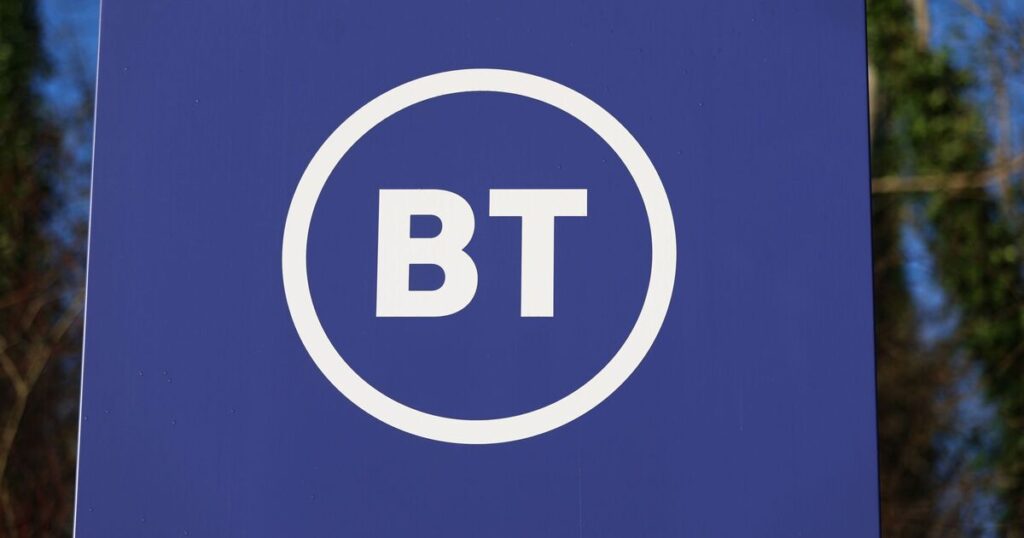
Customers at major providers including BT, TalkTalk and Sky are being offered as much as £300 a year off their broadband bills thanks to a little known Universal Credit loophole.
Broadband firms, including Vodafone, Virgin Media and Shell Energy as well, all offer ‘social tariffs’ or deals which work just like social tariffs, for those on low incomes, Universal Credit or Jobseekers Allowance.
Social tariffs are available for broadband and sometimes for mobile customers.
The details on social tariffs are often squirrelled away deep on websites without a big advertising budget, but they could save you huge amounts of money per year.
Everyone on Universal Credit is likely to be eligible for a social tariff, as well as those on some other types of benefits like PIP, Jobseeker’s Allowance or disability benefit.
The average monthly broadband bill comes to £25 in the UK, with many rising higher still for faster speeds.
But those on Universal Credit can get a social tariff for as little as £10 a month, a saving of £300 a year.
A BT social tariff is £11.99 up front and then moves to £20 a month while Vodafone offers a social tariff for £9.99 a month up front. Both require Universal Credit or Jobseeker’s Allowance or Pension Credit to qualify while Vodafone allows people on PIP or disability allowance as well.
TalkTalk offers a tariff which is not technically a social tariff but is completely free for the first six months for those on Jobseekers on Universal Credit, while Sky offers a Sky Basics line for 36mb speed at £20 a month and throws in a free Sky Mobile SIM with 3GB data.
Virgin Media’s Essential broadband gives customers 15mb speeds for £12.50 a month, with no phone line needed, and to qualify you need to be on Universal Credit.
Shell Energy also offers a £15 a month contract for 11mb speeds. To get it you must be on Universal Credit, Jobseeker’s Allowance or Pension Credit or Income Support.
